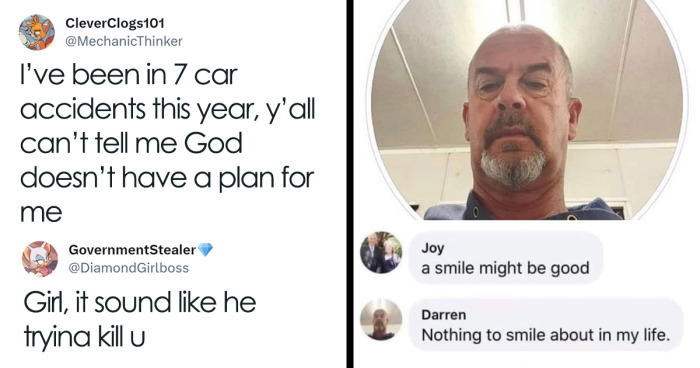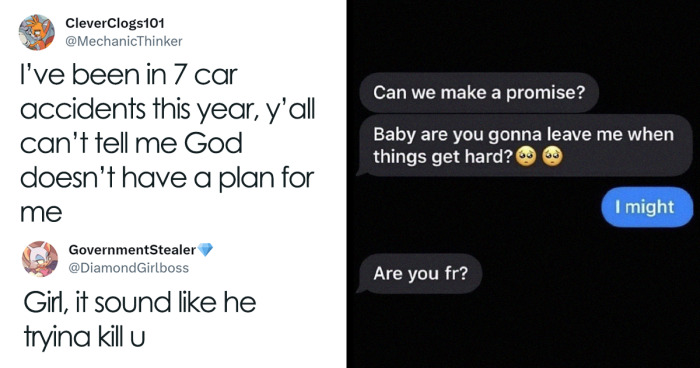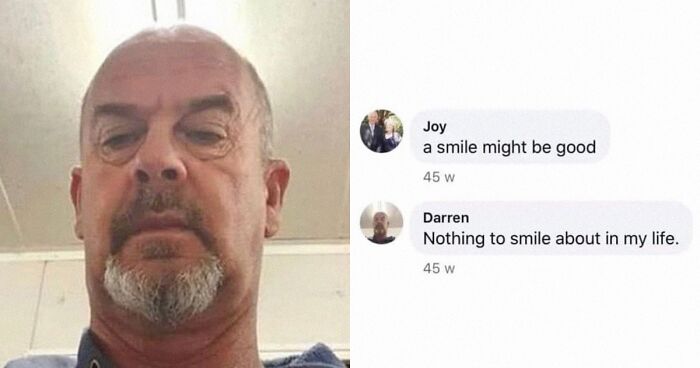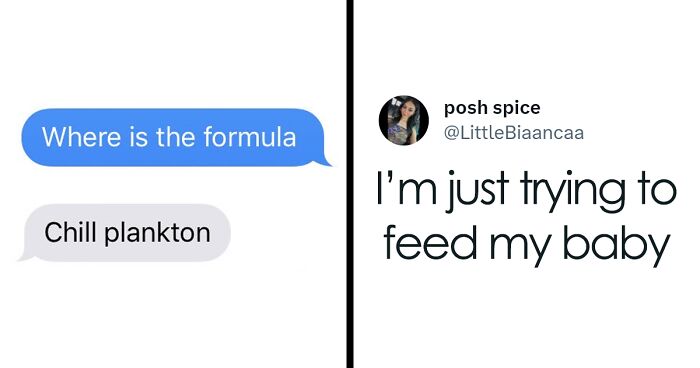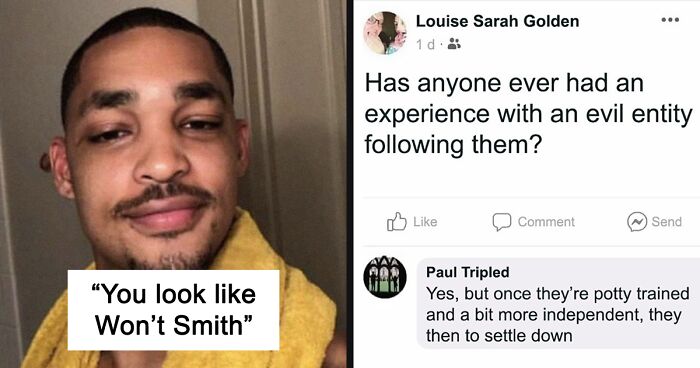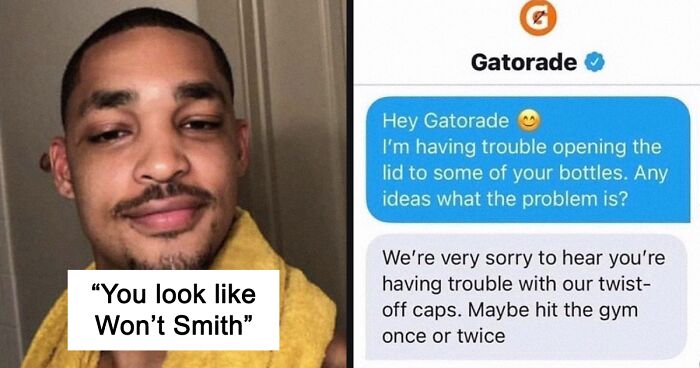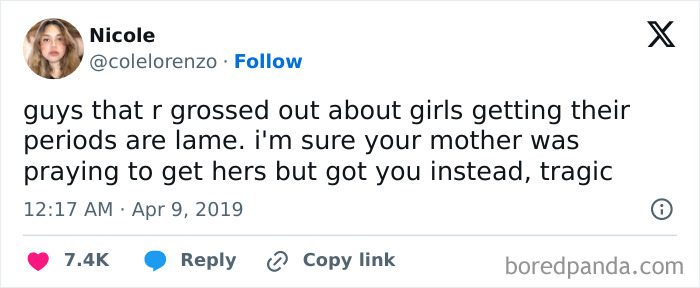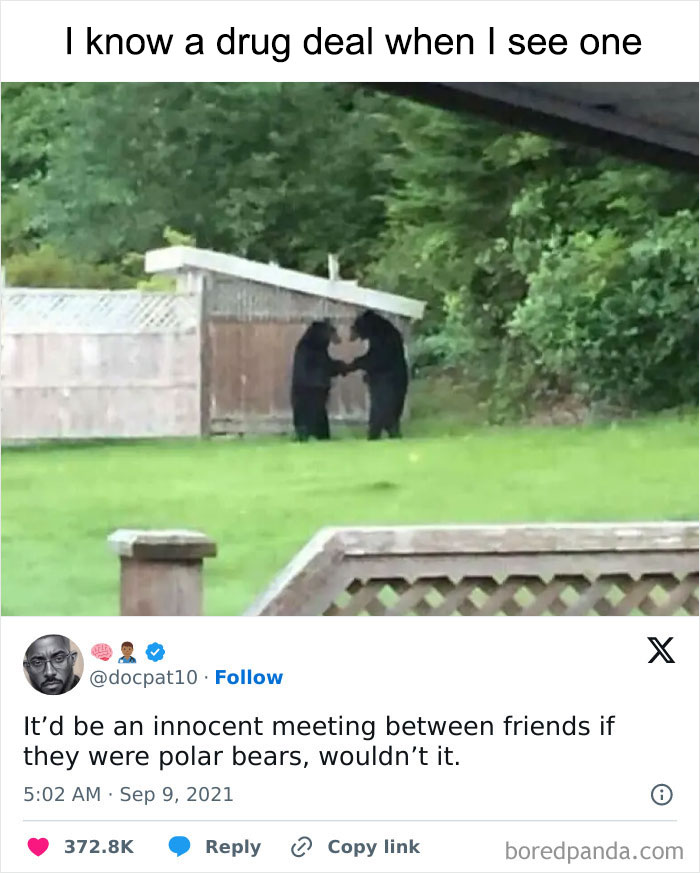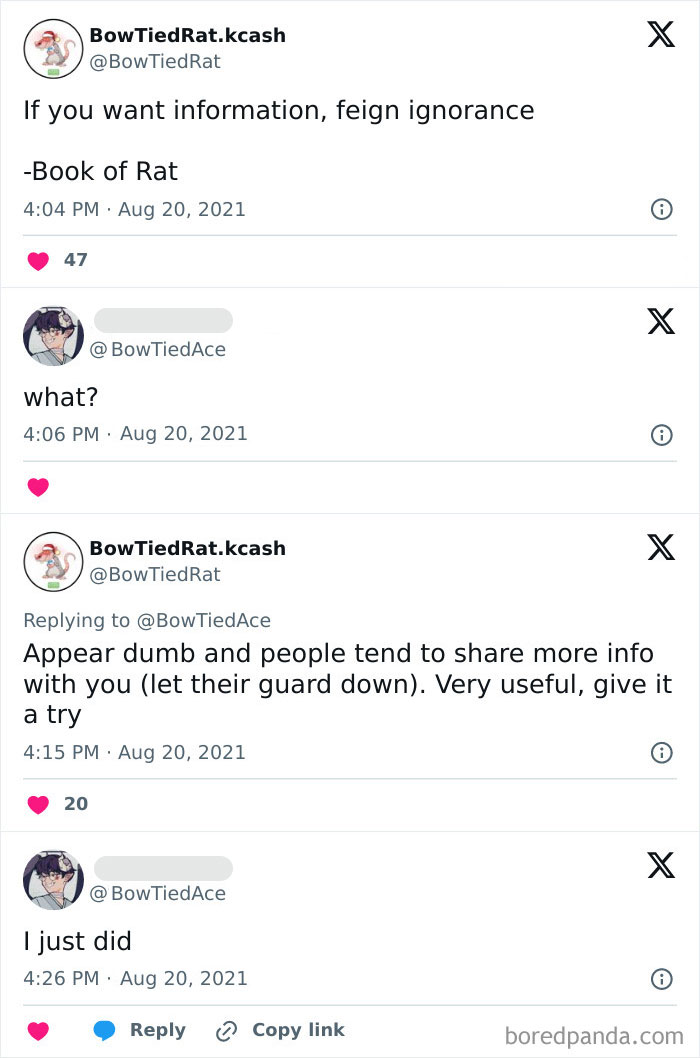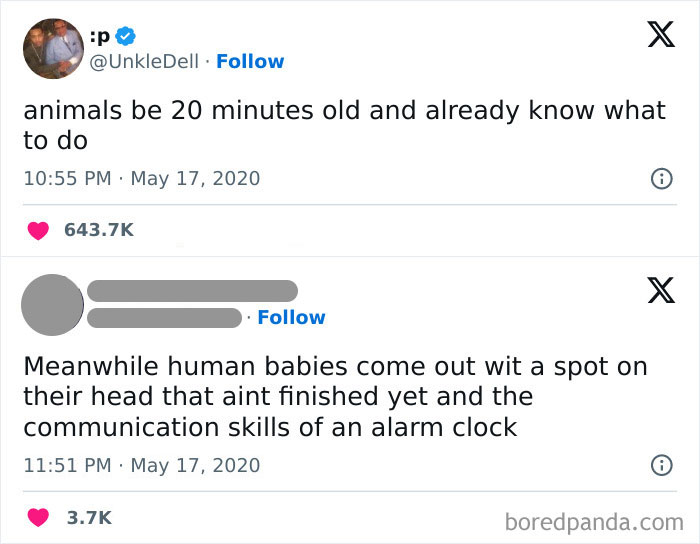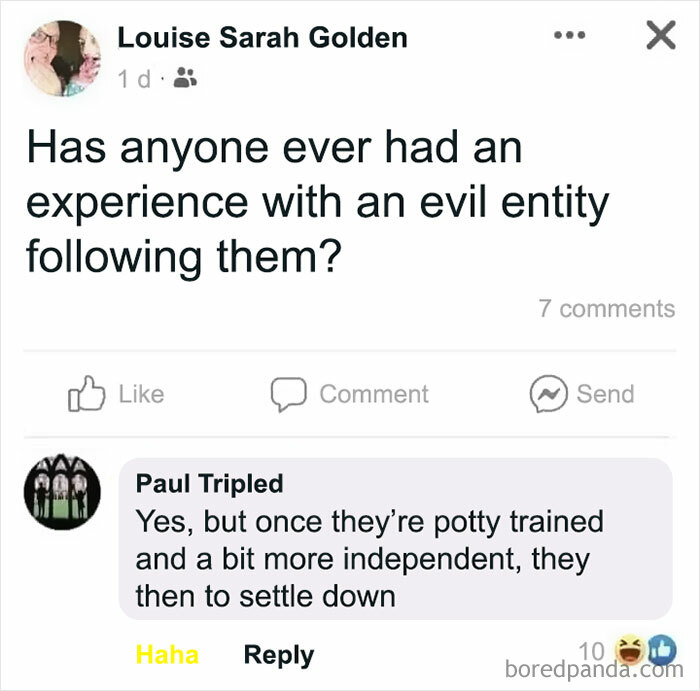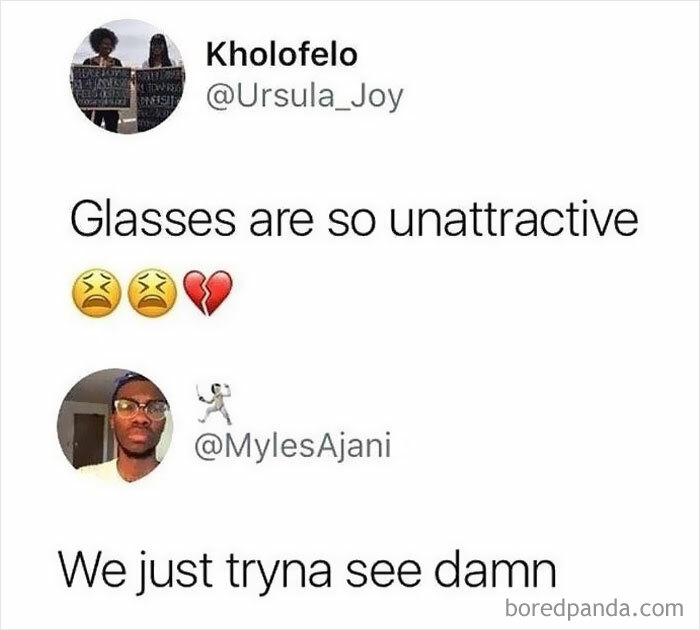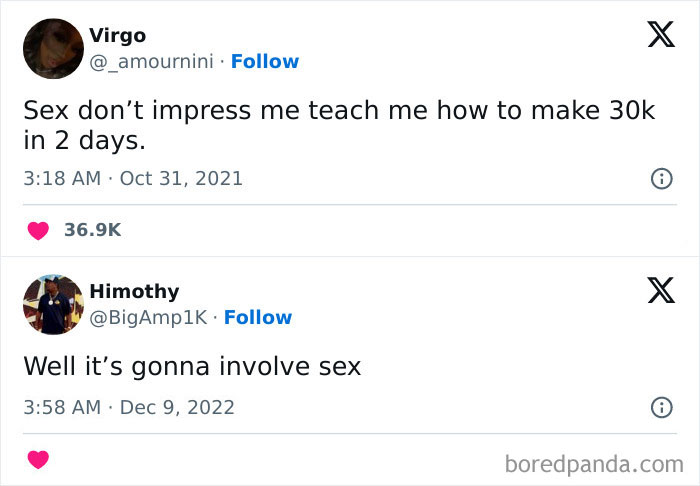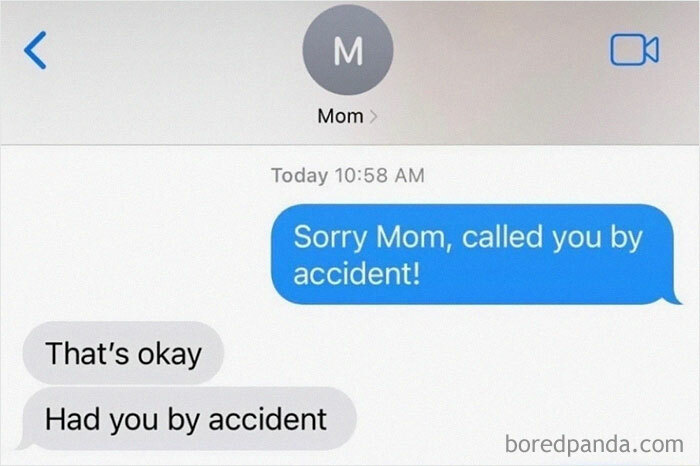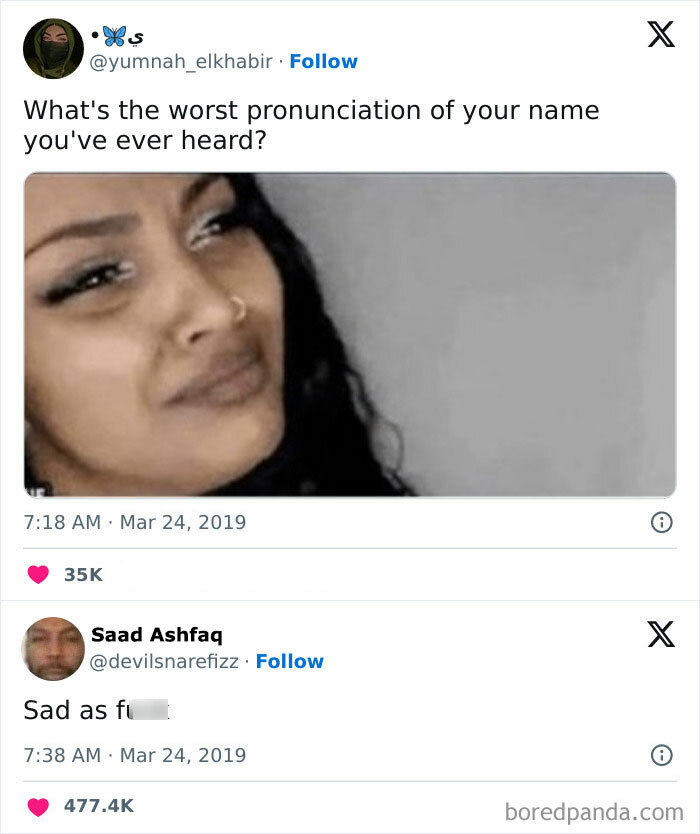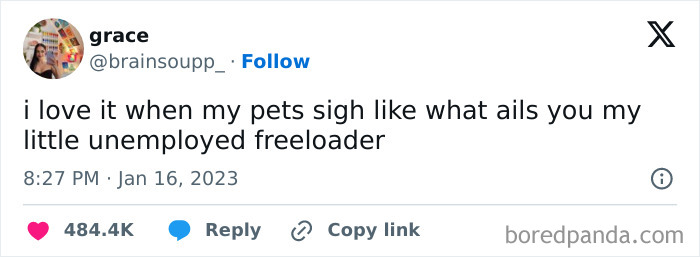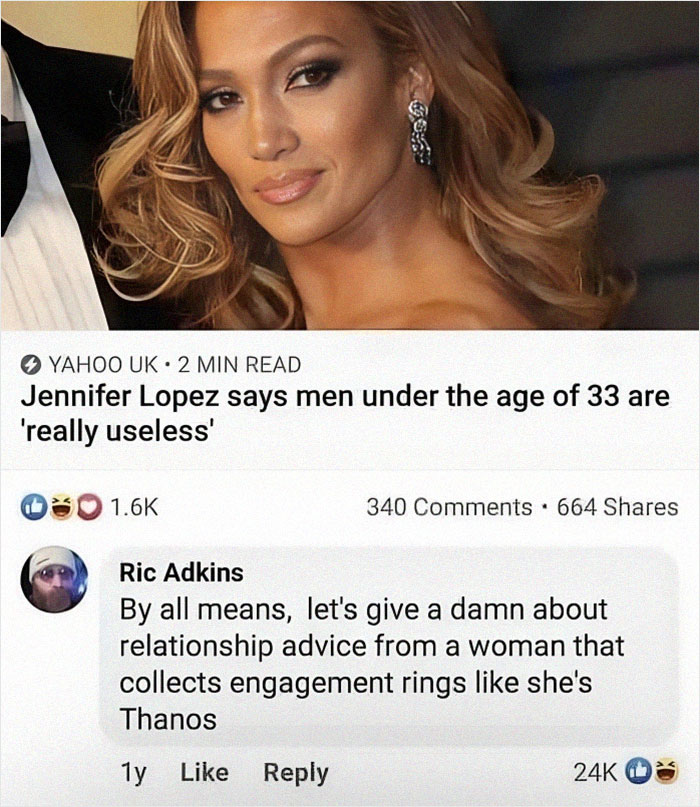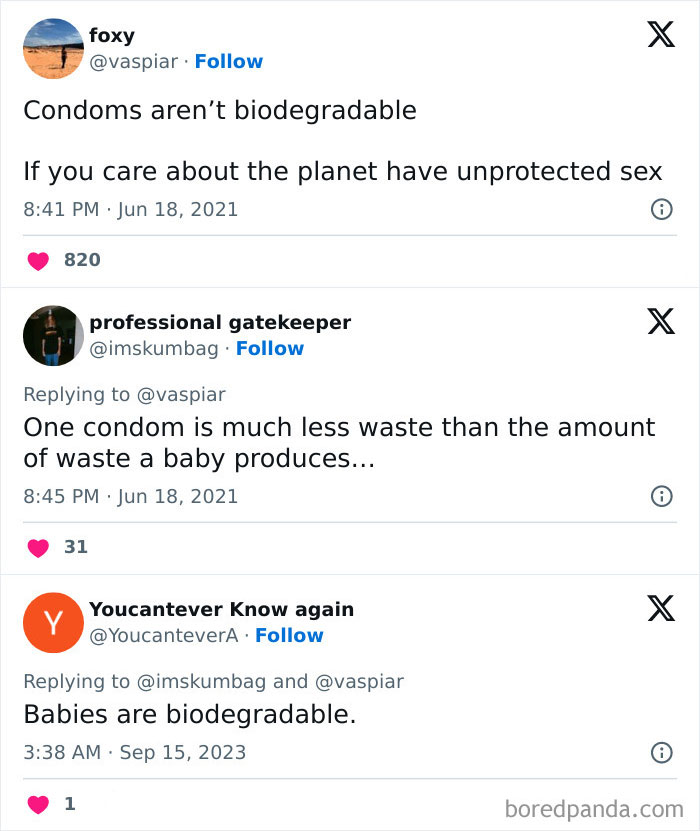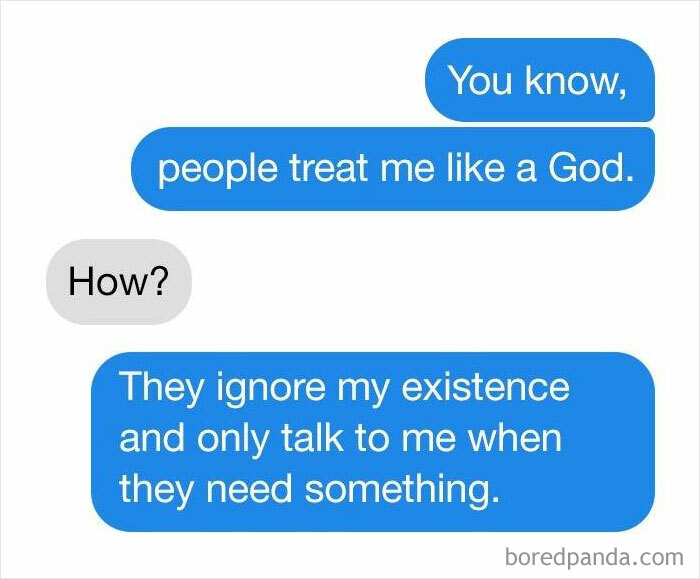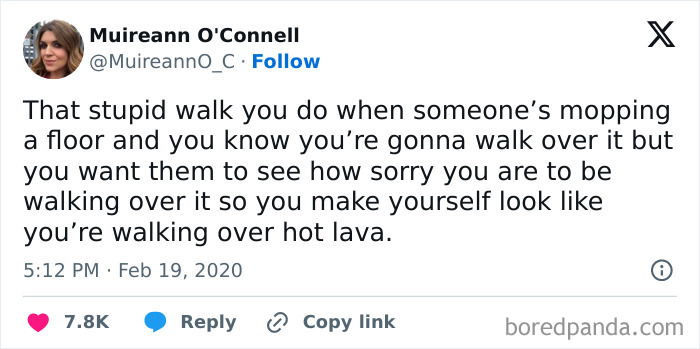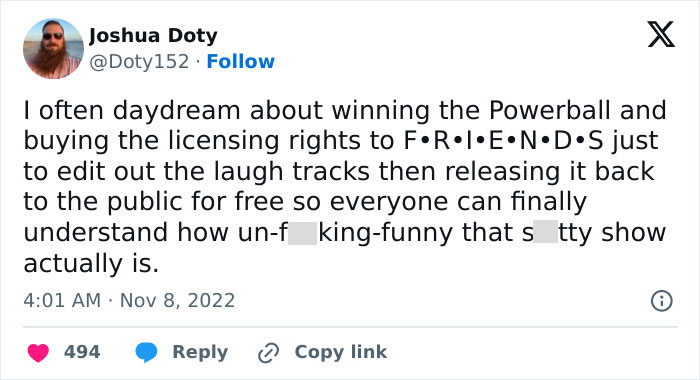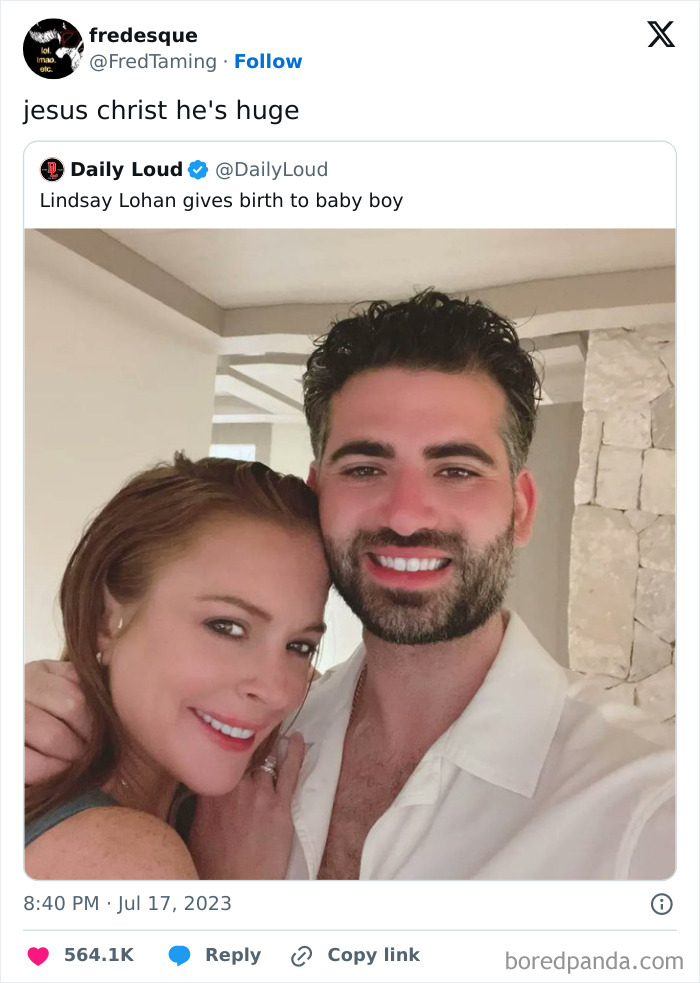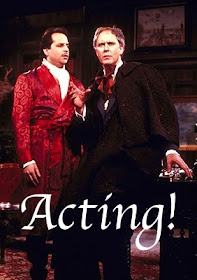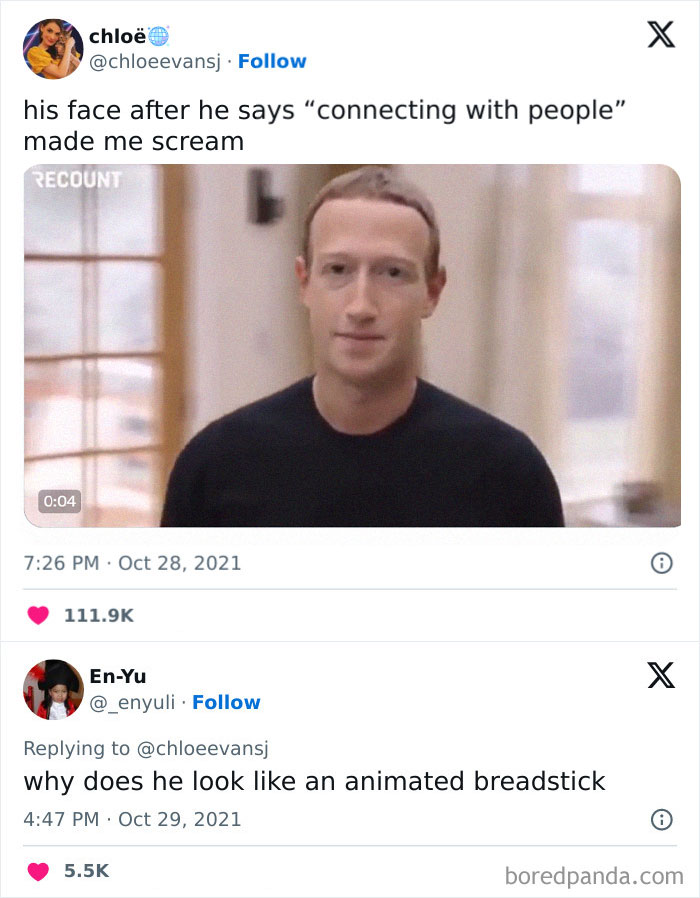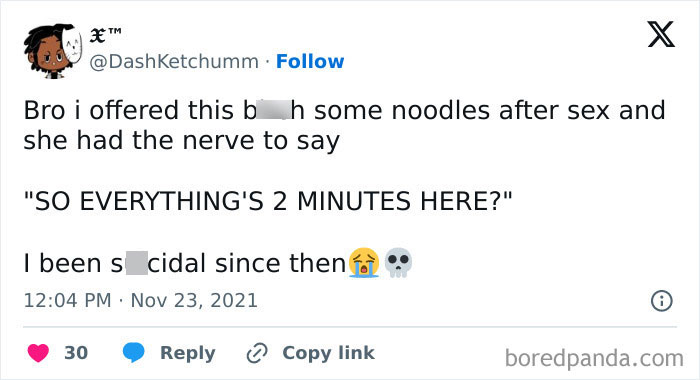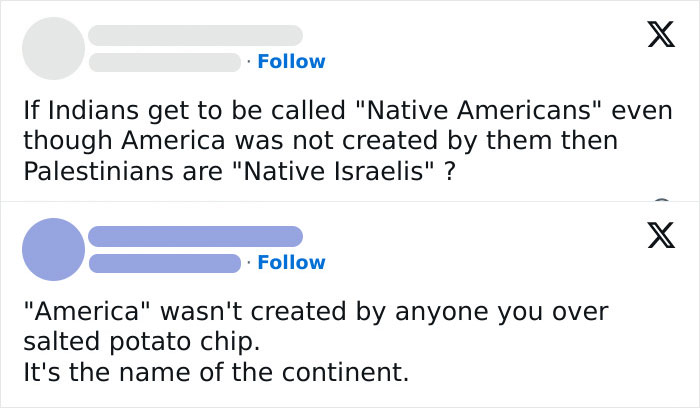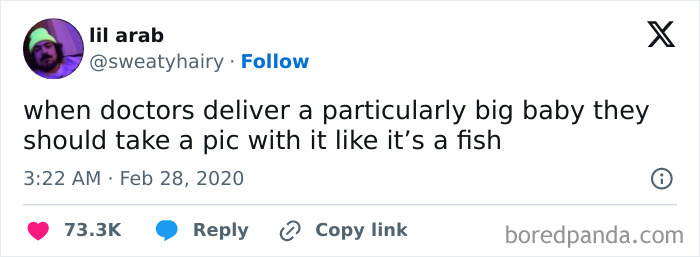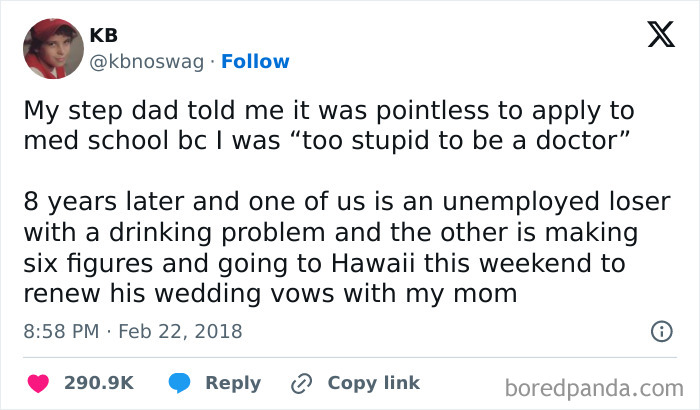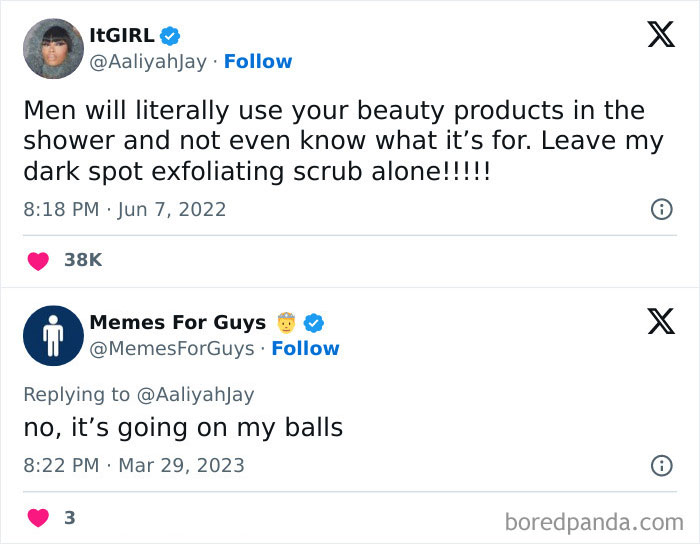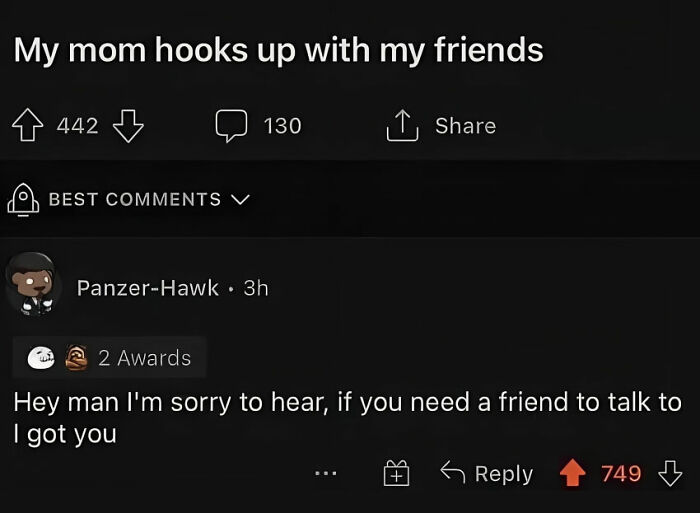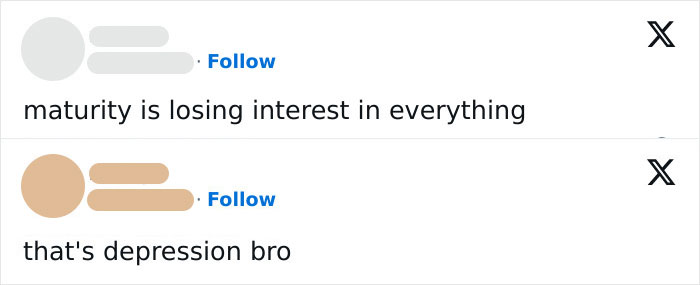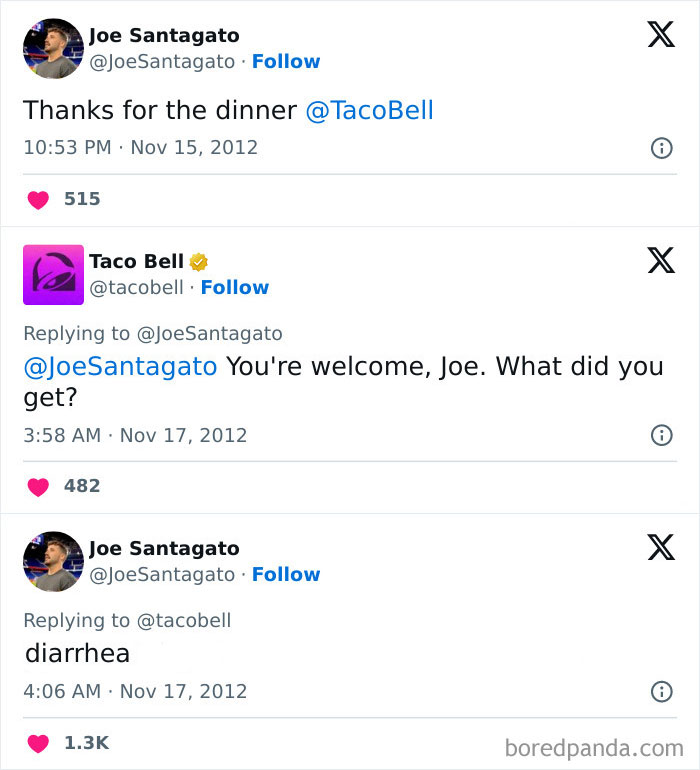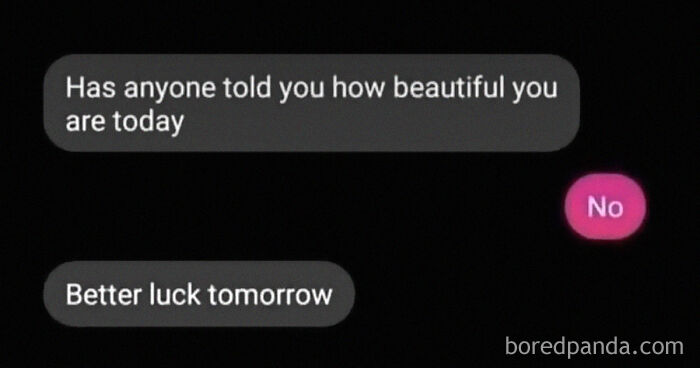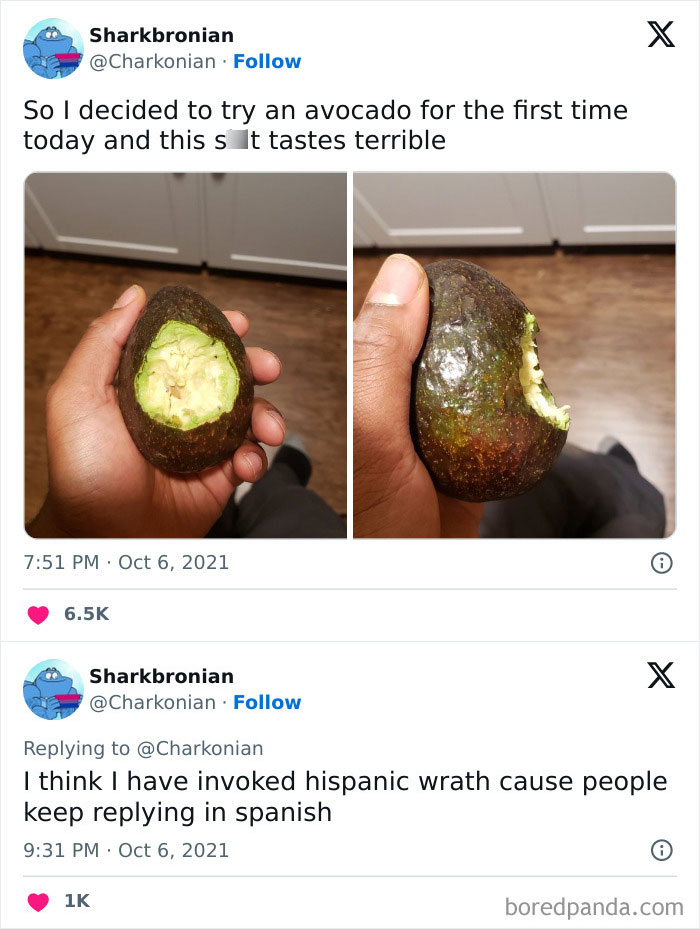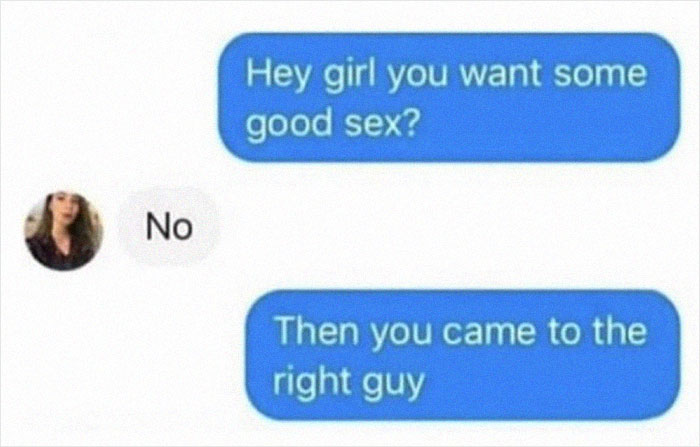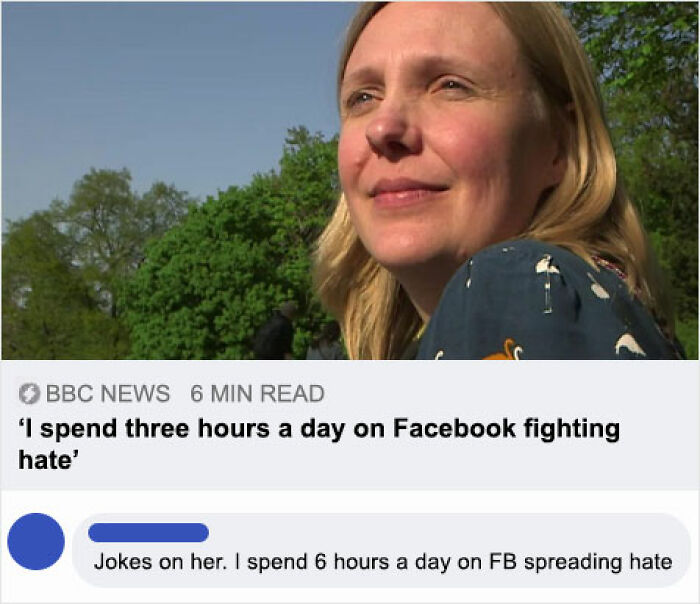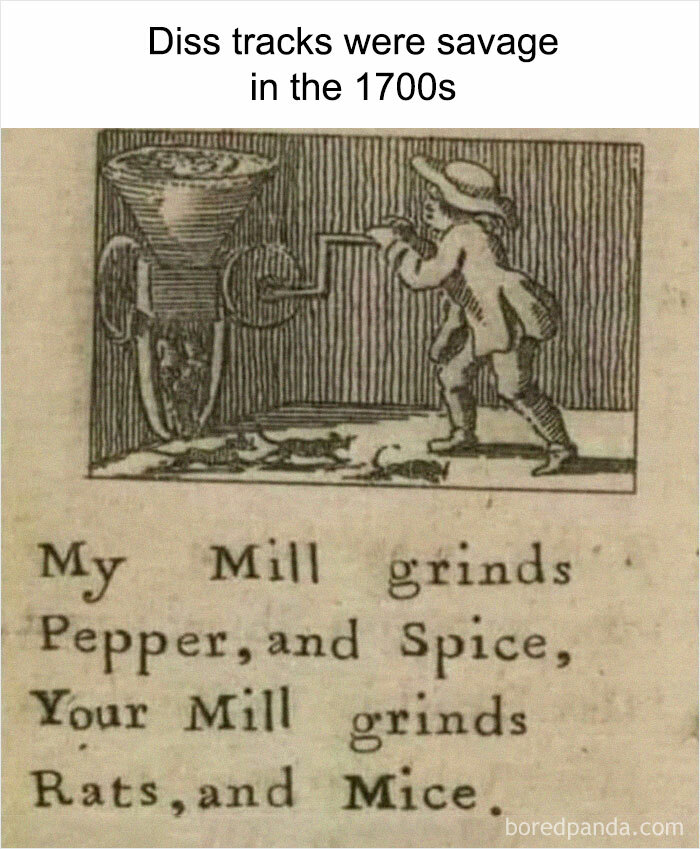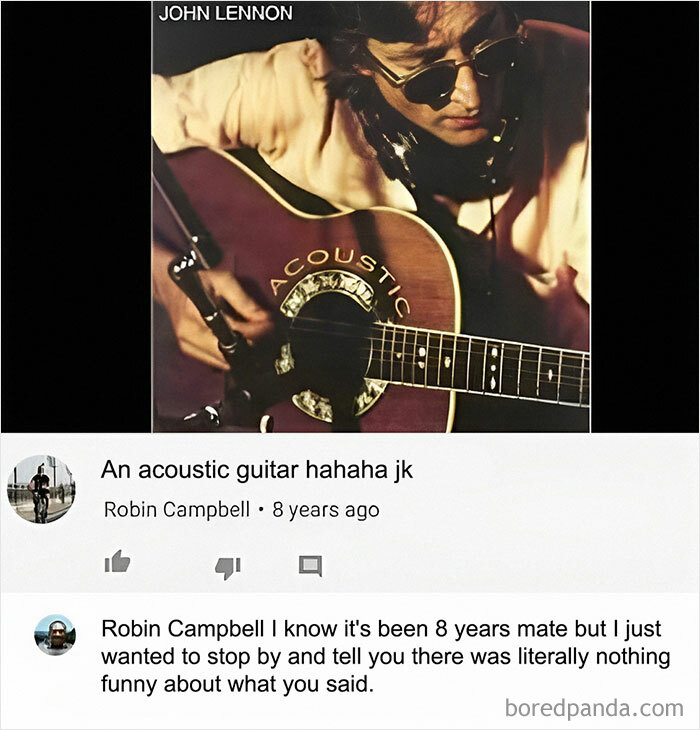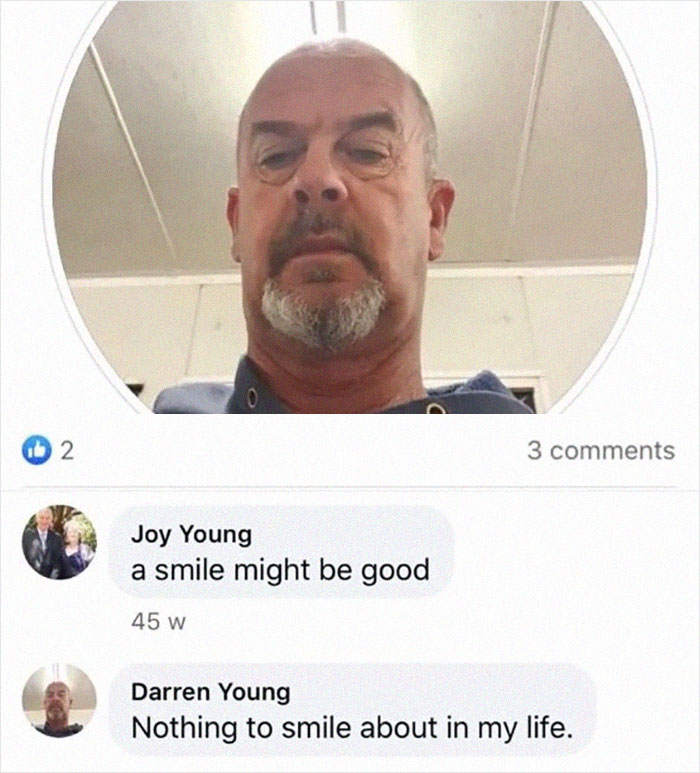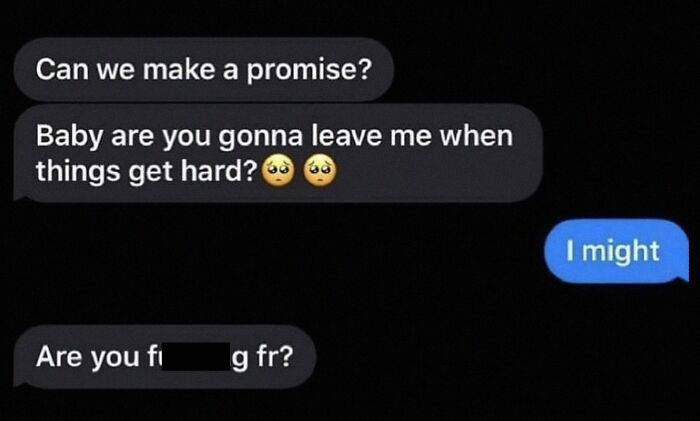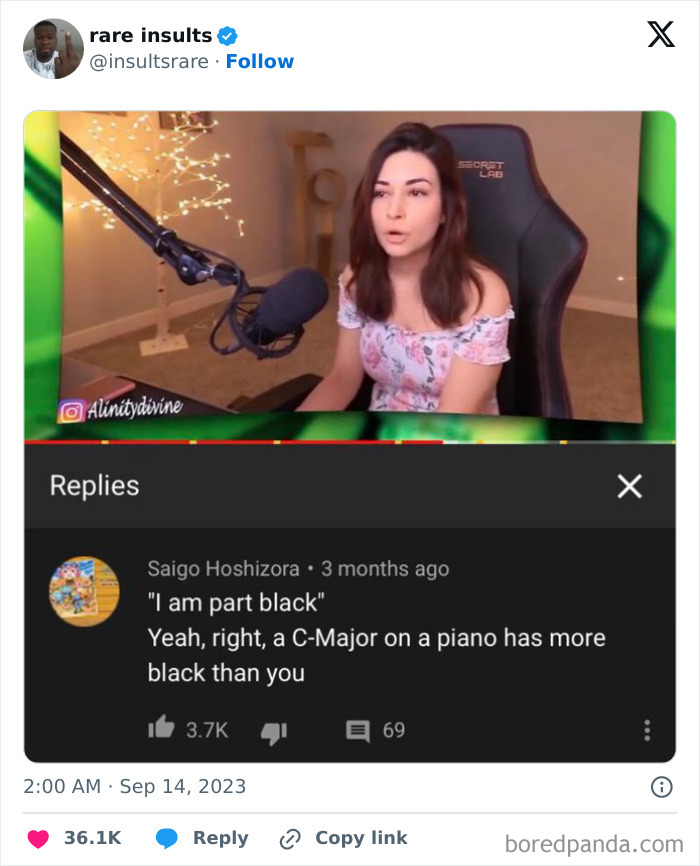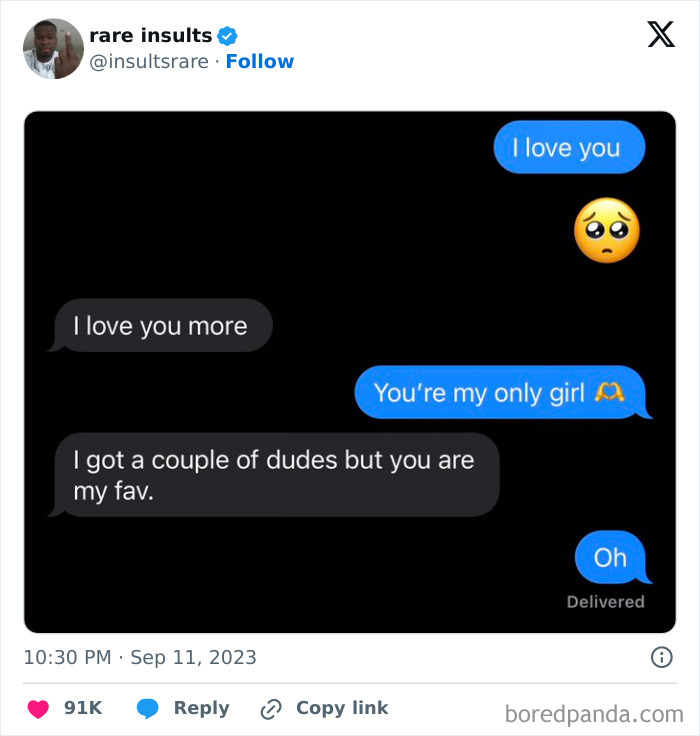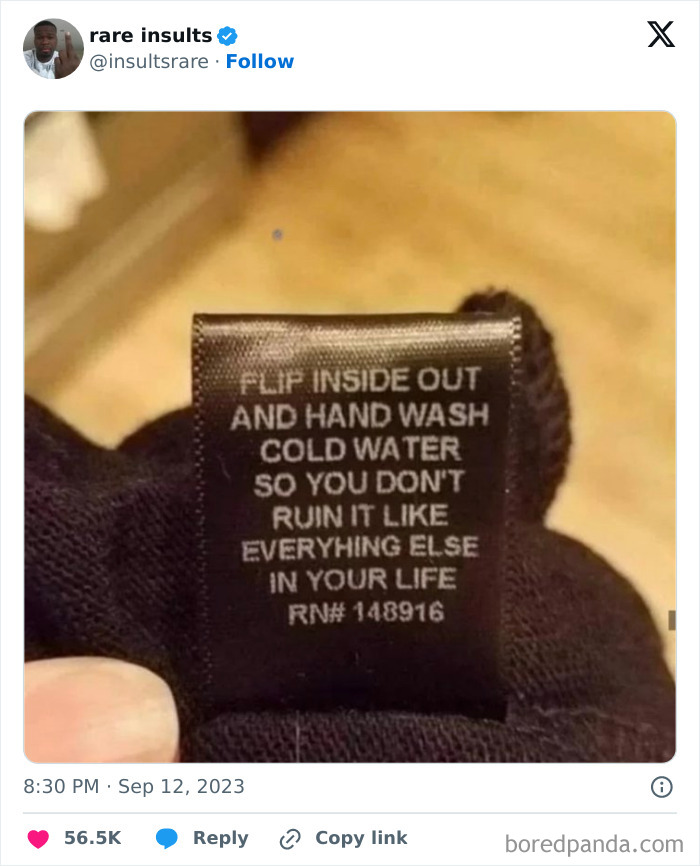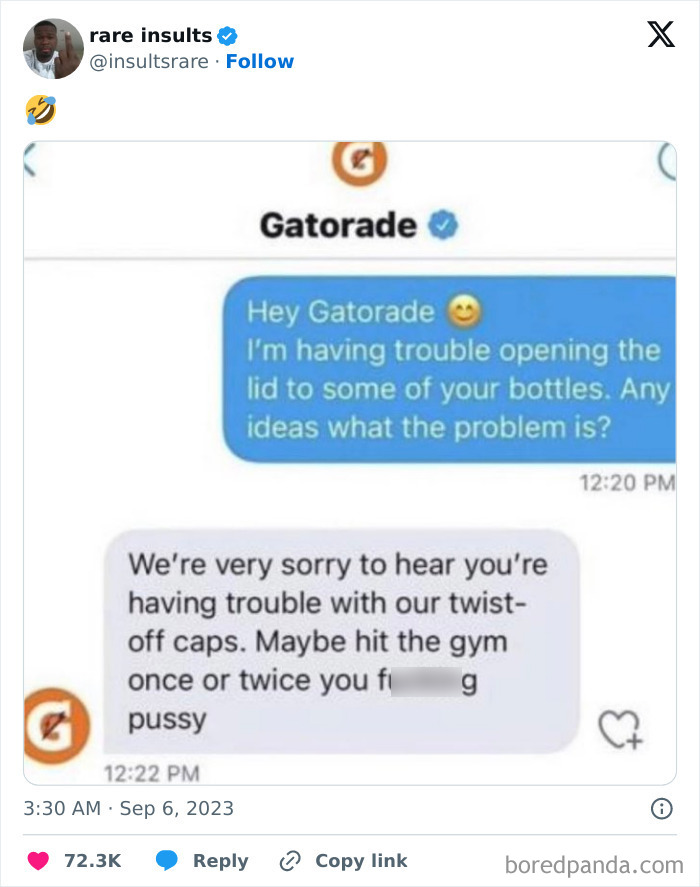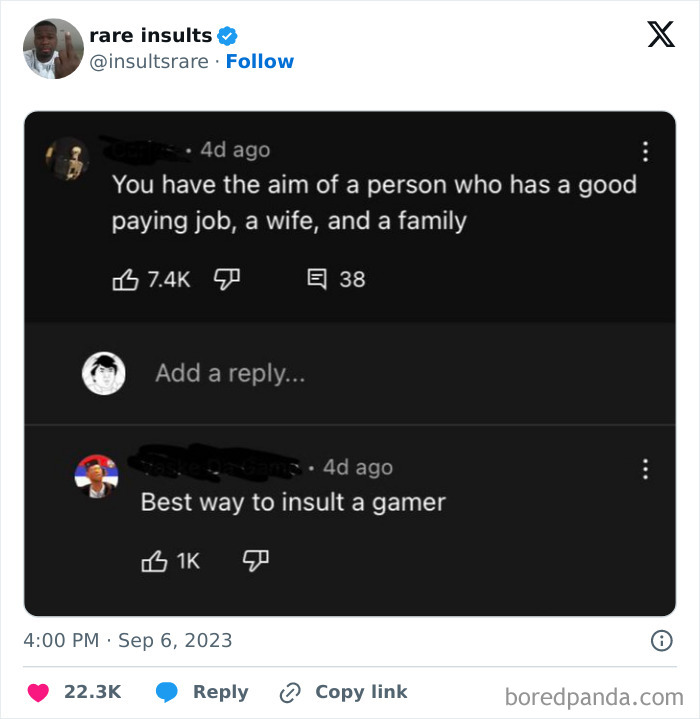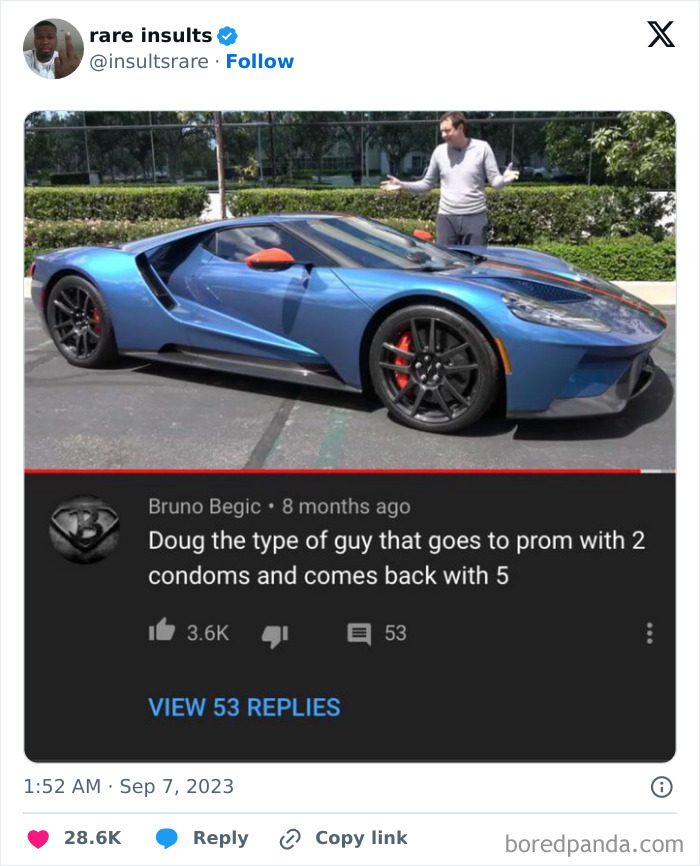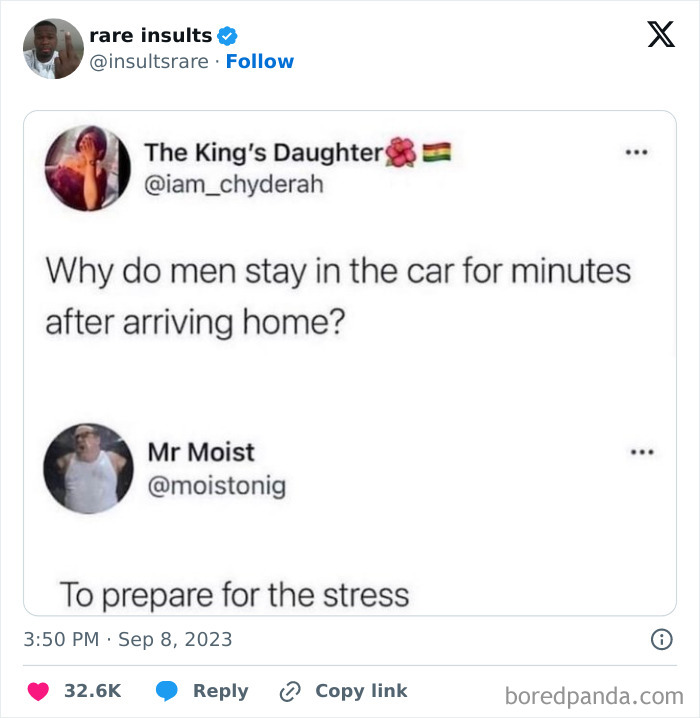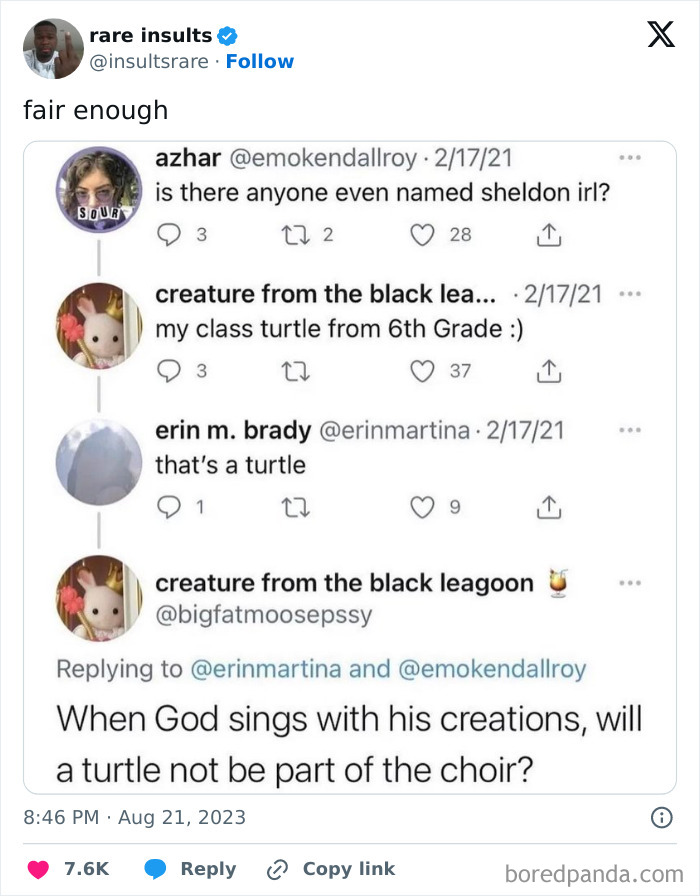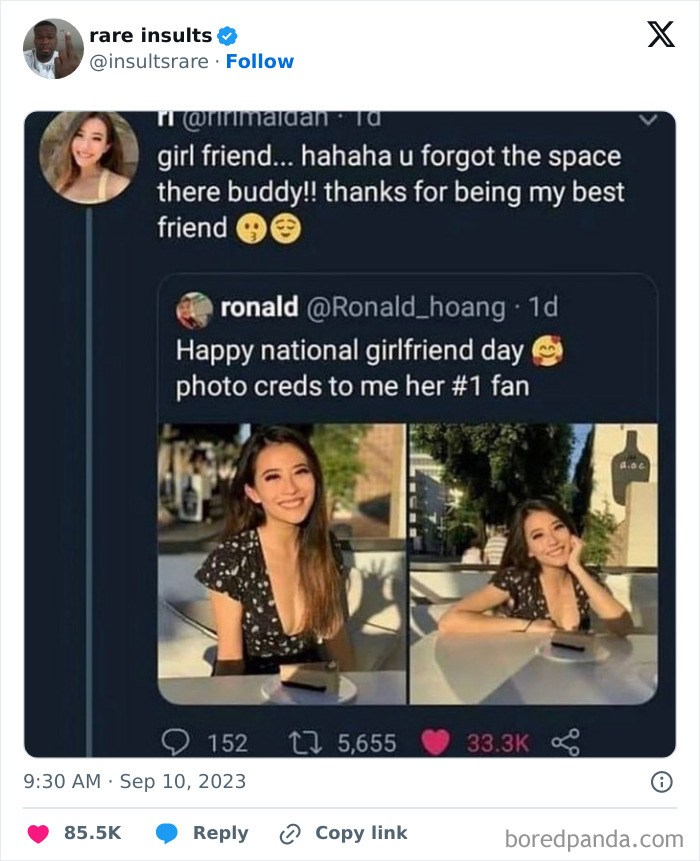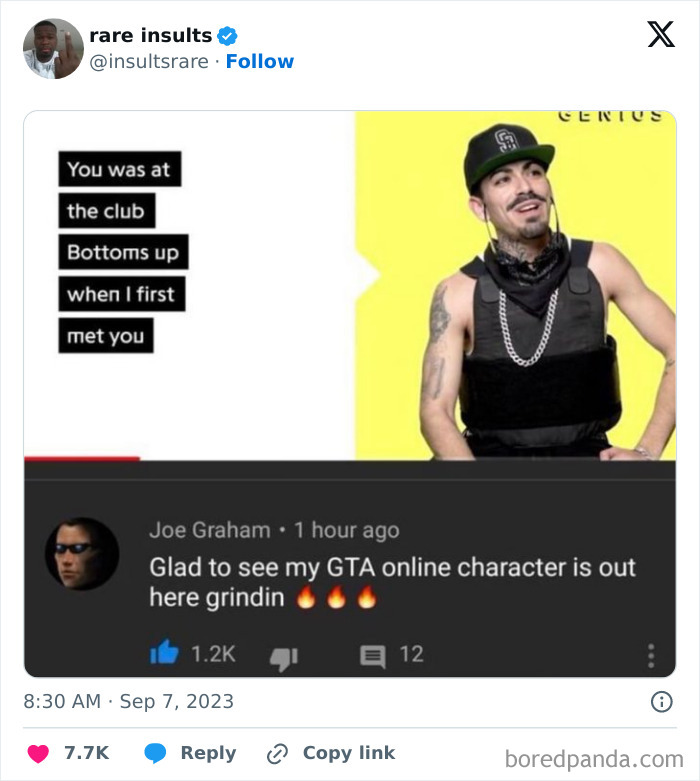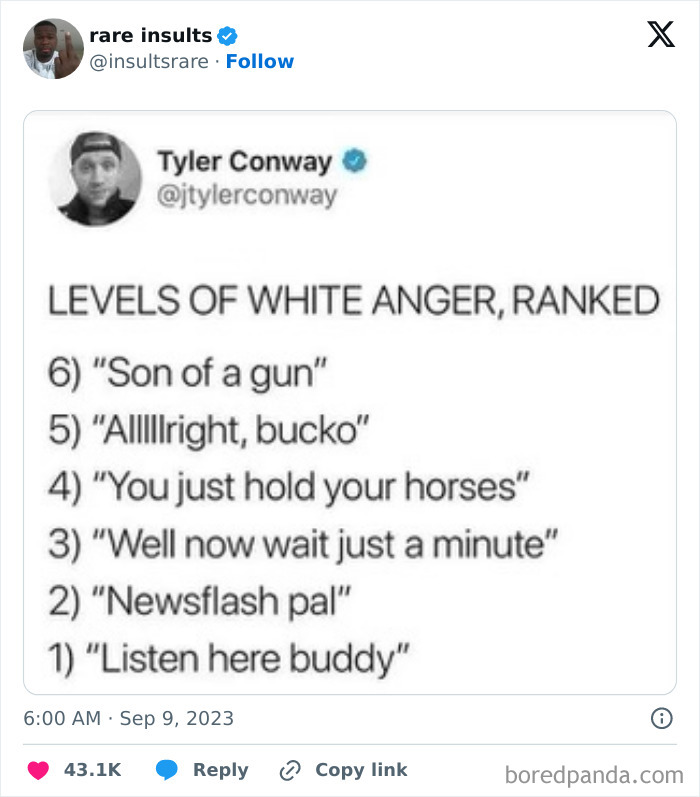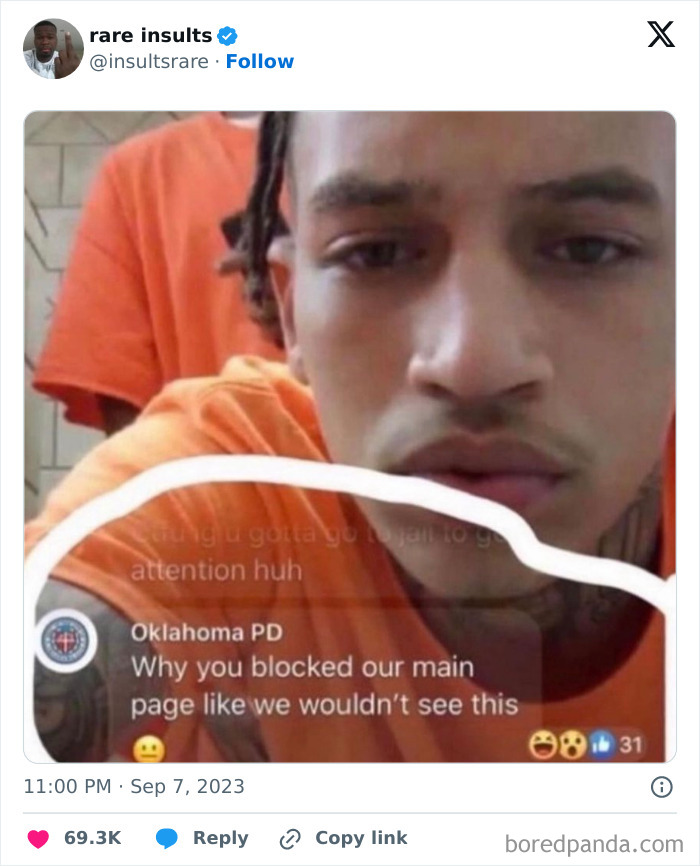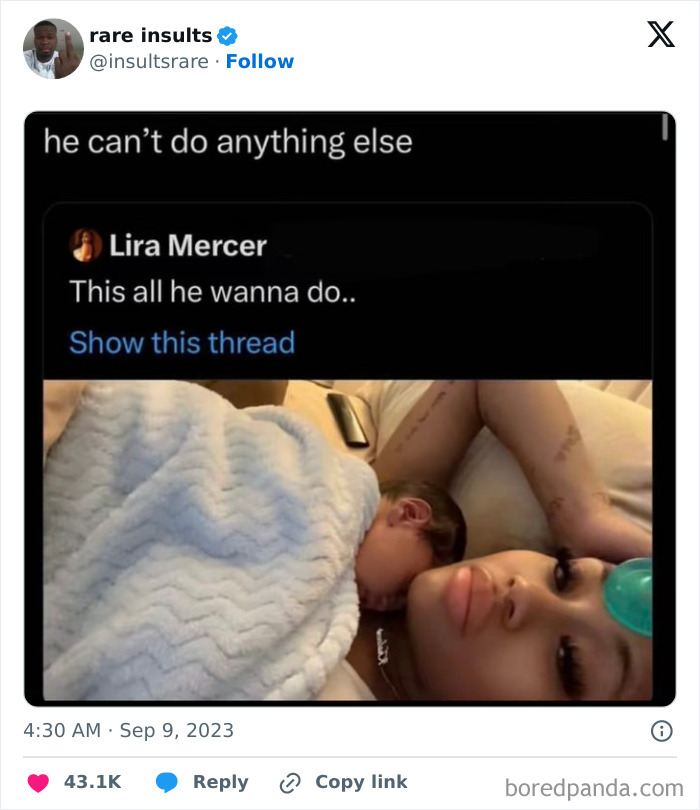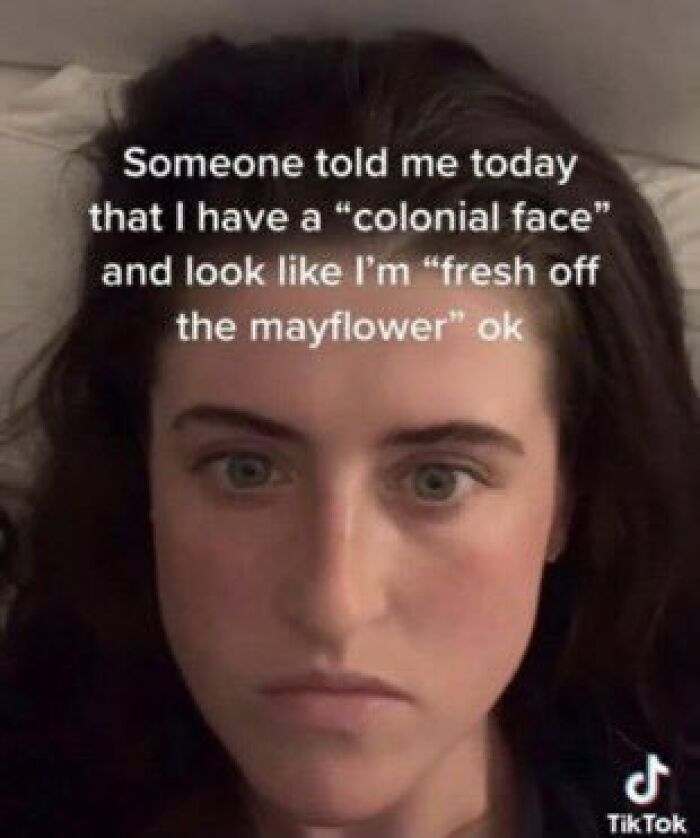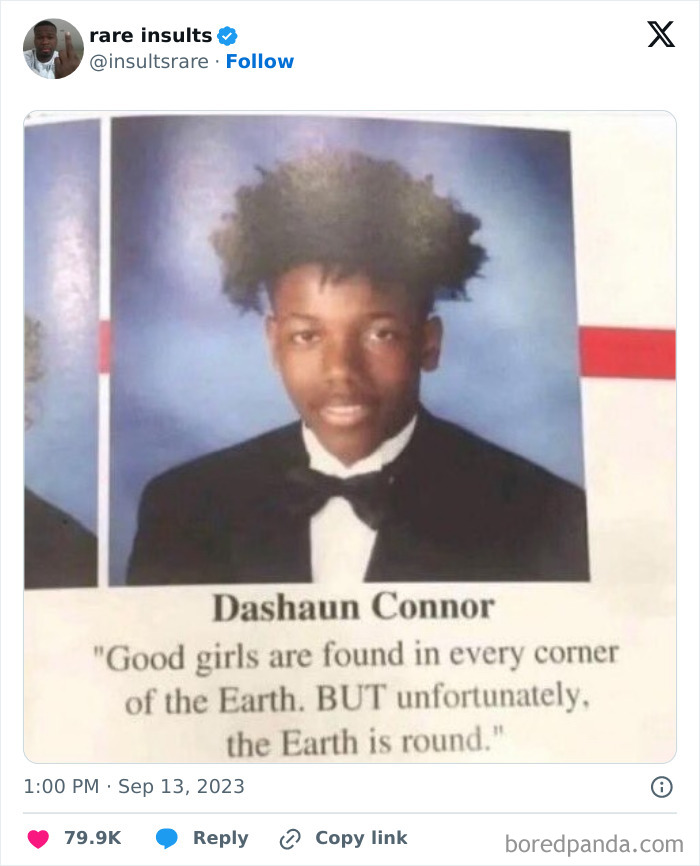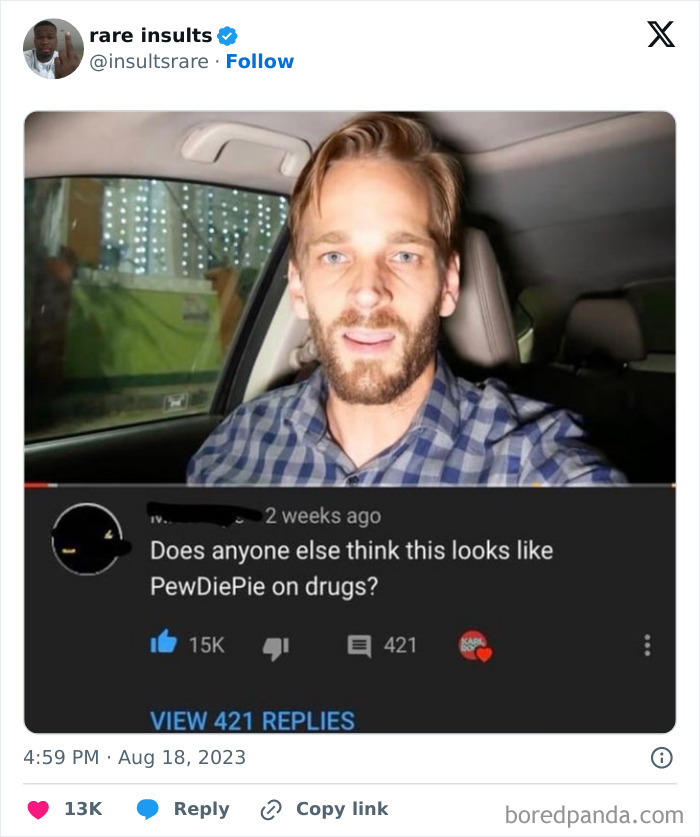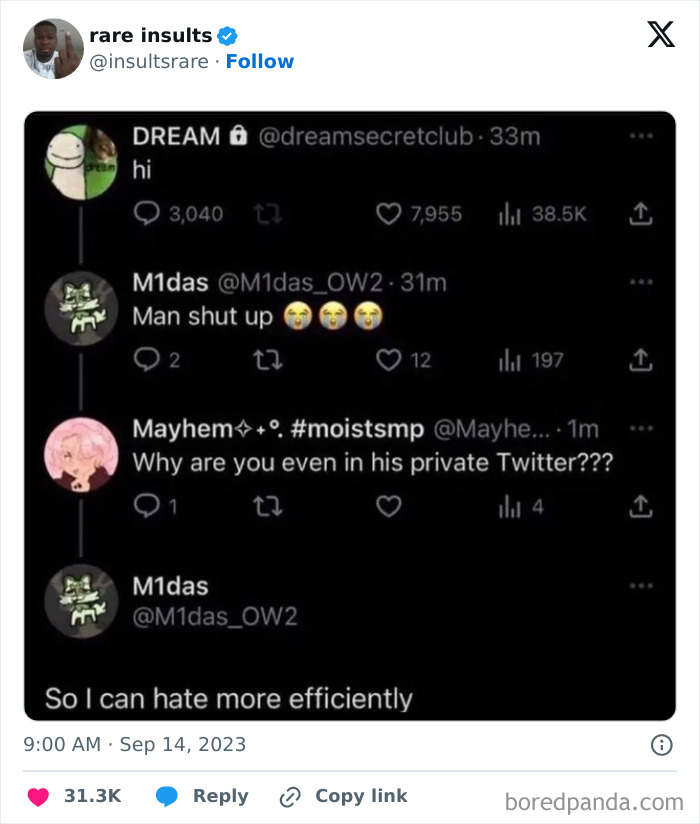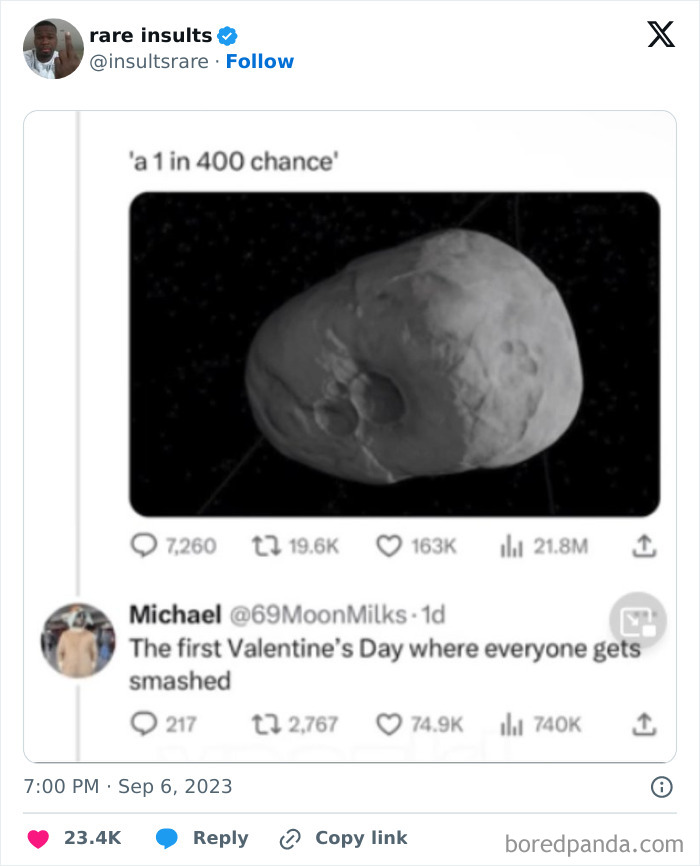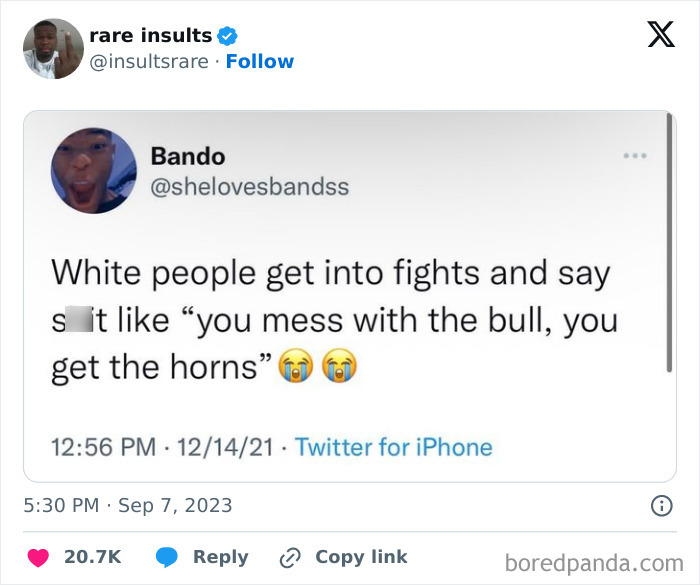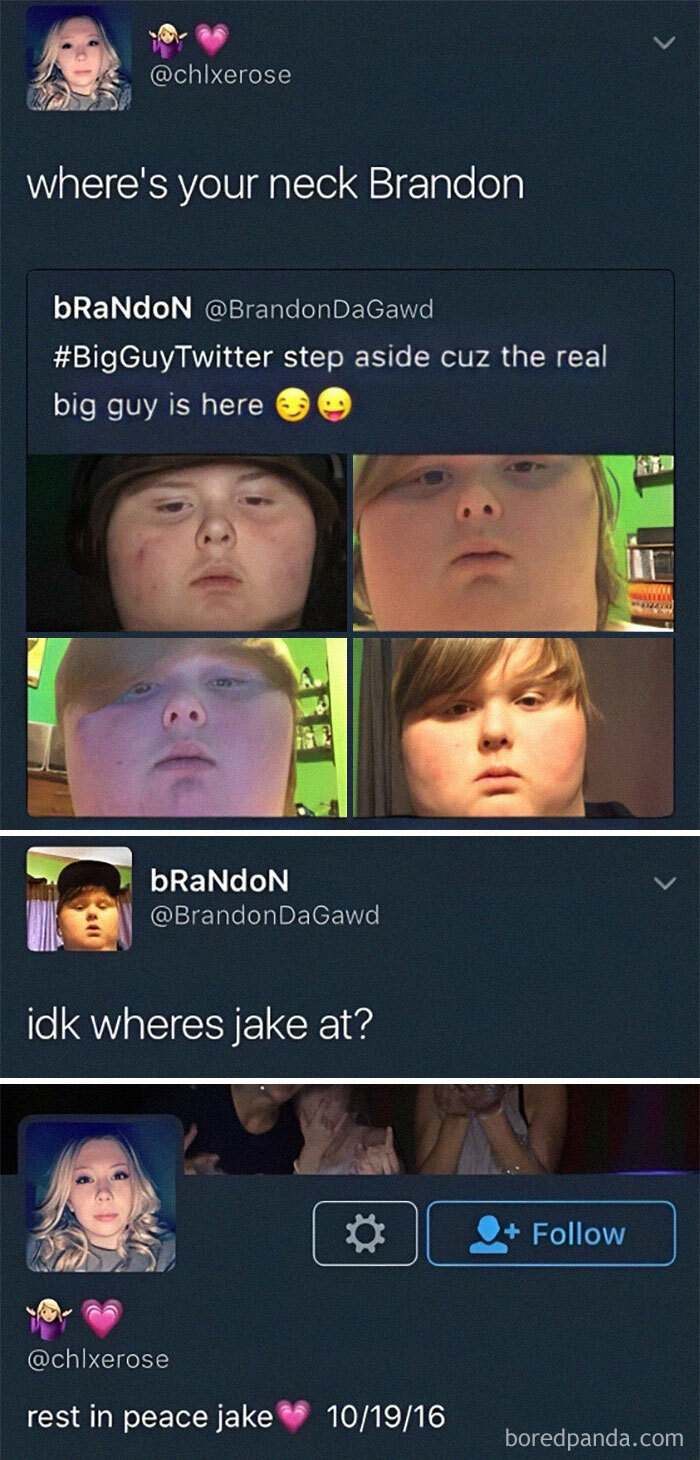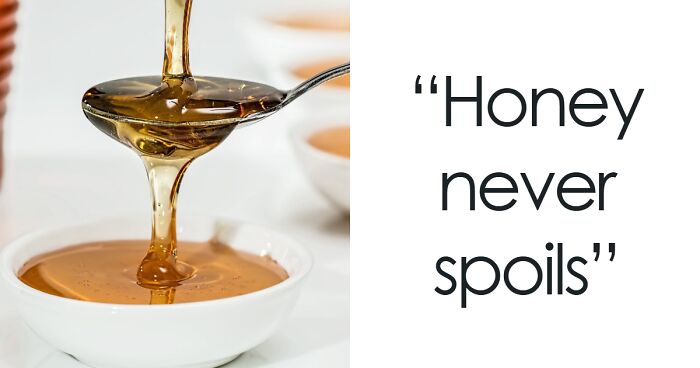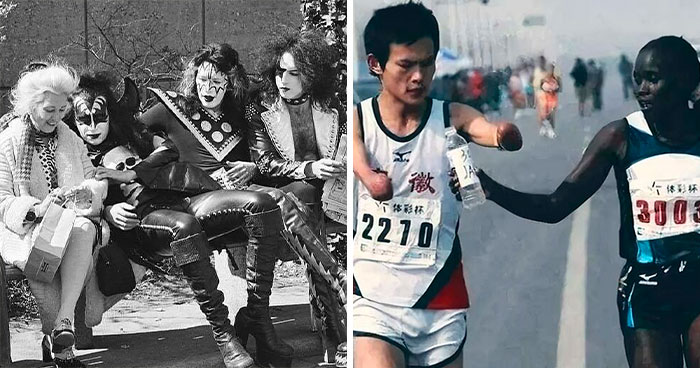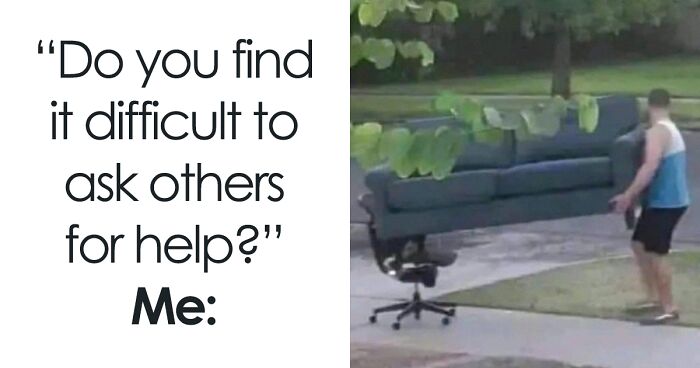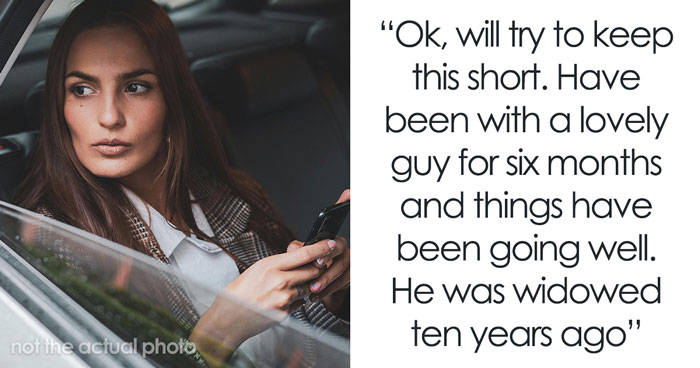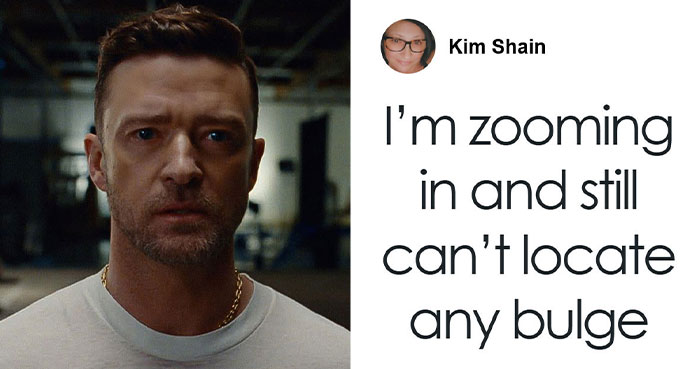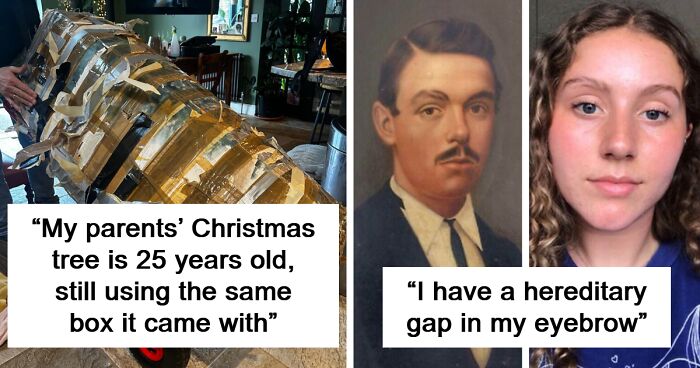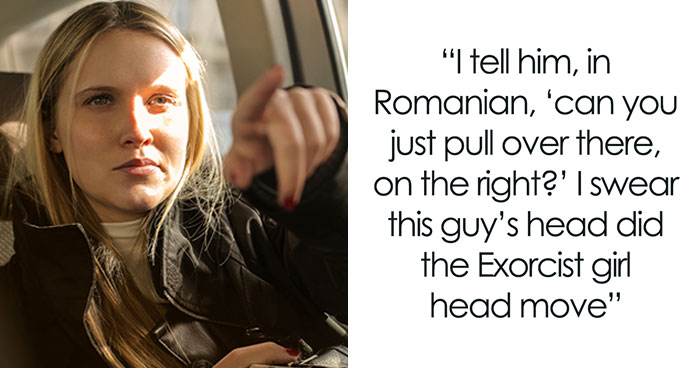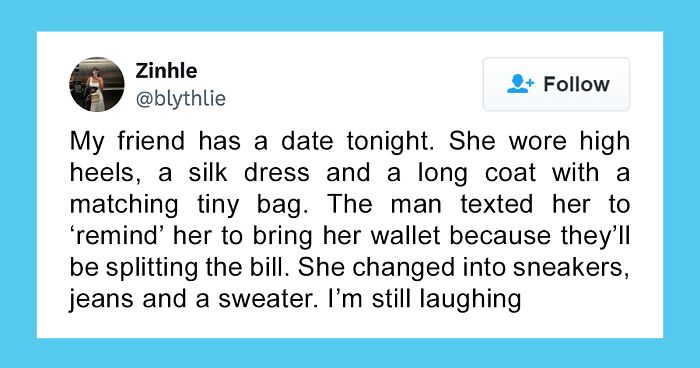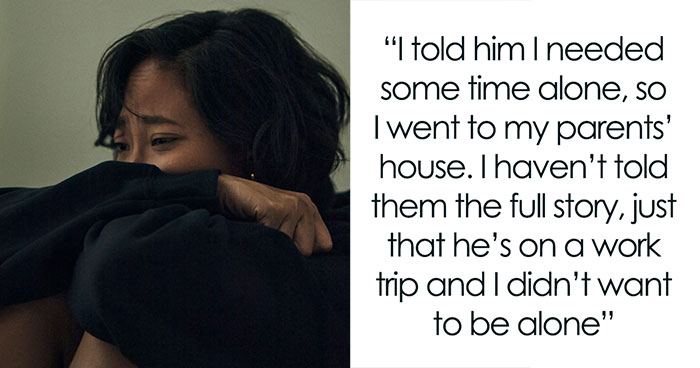Insults – we've all heard them and maybe even dished them out ourselves. They're like a verbal battlefield where words become weapons. But here's the thing: some insults are more than just a slap on the ego; they're pure poetry in put-down form.
Enter the “Rare Insults” X account. With more than 1.5 million followers, it's the go-to spot for the wittiest and most jaw-dropping linguistic maestros on the internet.
We've rounded up the crème de la crème of these verbal fireworks for your amusement. So, continue scrolling and let us know which ones tickled your funny bone. And hey, if you're still hungry for more, we've got you covered. Check out Bored Panda's earlier dose of insult madness – because who doesn't love a good laugh?
This post may include affiliate links.
When it comes to humor, clever insults can often walk a fine line between being perceived as playful banter and crossing into the territory of cruelty. People often use witty and sharp-tongued remarks in comedy, but can we do it without being unkind? To learn more about witty and clever insults, Bored Panda reached out to Nigel Barber, Ph.D., an evolutionary psychologist and the writer of “Kindness In A Cruel World.”
Some friends often playfully tease each other with insults that don't come across as mean-spirited. According to Nigel Barber, in that context, an insult is accepted as a witty remark. “It can be quite different if we are interacting with a stranger whose insults may be perceived as unfriendly and even malicious. You need to know what is acceptable speech for a particular setting, context, and group of acquaintances.”
When we chat online, it's easy for jokes and playful words to accidentally hurt someone's feelings. How can we then have fun with clever remarks and wordplay while still being nice to each other? “In the real world, it is easy to see when we have crossed the line because the other person's hurt expression becomes clear and we have a chance to backtrack, or qualify, our remarks, or to soften them with a lighter joke. In the context of online interactions, it is much riskier at least if we are relying mainly on text,” Barber explained. When we write something online, it's permanent, and there's always someone ready to criticize us or even cancel us.
In today's digital world, insults often come in the form of written words, like messages or comments. But here's the thing: when we can't see someone's face or hear their tone, it can change how we understand and feel about those insults. “Communications experts believe that most of our communications are nonverbal so that a medium that cuts off the nonverbal puts us at a real disadvantage,” Barber shared. “We cannot disparage our own statements with a shrug, or a laugh. The bottom line is that we should really be much more cautious in online communications. Unfortunately, that does not seem to be how most people communicate online, which may be one reason why there is so much friction and unpleasantness,” the professor added.
How... do you even get into that many car accidents, let alone in a single year? "-_-
It’s important to mention that, in today's digital age, the impact of insults, especially when they find their way online and go viral, can be devastating for some people. Nigel Barber shared that crushing insults can dent one’s confidence and impinge on their happiness. “Clinical psychologists report that there is a huge increase in anxiety and depression, particularly among young people, during the Internet Age. Teenagers seem to be most affected due to (a) the fact that they are extensive users of social media and (b) that they do not have the maturity to cope with online insults.”
The best way of coping with insults, according to Barber, is probably to take a break from the platforms that are causing distress for some time. “This helps to establish a little distance from them and to regain a better sense of control over one's own life. This might involve spending time in the actual company of friends, doing something that provides a sense of creativity or mastery, or simply spending time exploring the wonders of nature.”
We asked Barber if social norms around insults and offensive language have shifted in recent years. He shared that some people like to say that the world is becoming ruder, but there have always been plenty of unkind comments. “Look at William Shakespeare who liked to have his characters engage in duels of insults. What has really changed is that social media are run by algorithms that maximize engagement. Since hatred increases engagement, this means that nastiness comes to the fore. Communications that express real hostility are promoted in a business model that monetizes hatred. Hence the rise of nasty insults online and of the people who put them out there.”
Im 36, she would probably say I am useless with 3 years experience.
... and that careless douche even killed all the other animals as well. I can understand that humans, in total, do suck big time, but do cats, do crows, do spiders? None of them! They're all precious living beings, and yet, the god humans invented only cares about hum - nevermind, my mistake, got it. Whatever it is, if you can't degod it, leave it behind, and if you can, do.
That's an image I HOPE lives in my head rent free
Load More Replies...Pedro Pascal either looks slick as f**k or like a complete ragamuffin.
I'm going to have to re-evaluate my IQ. It took me 20 seconds to see that.

 Dark Mode
Dark Mode 

 No fees, cancel anytime
No fees, cancel anytime 


